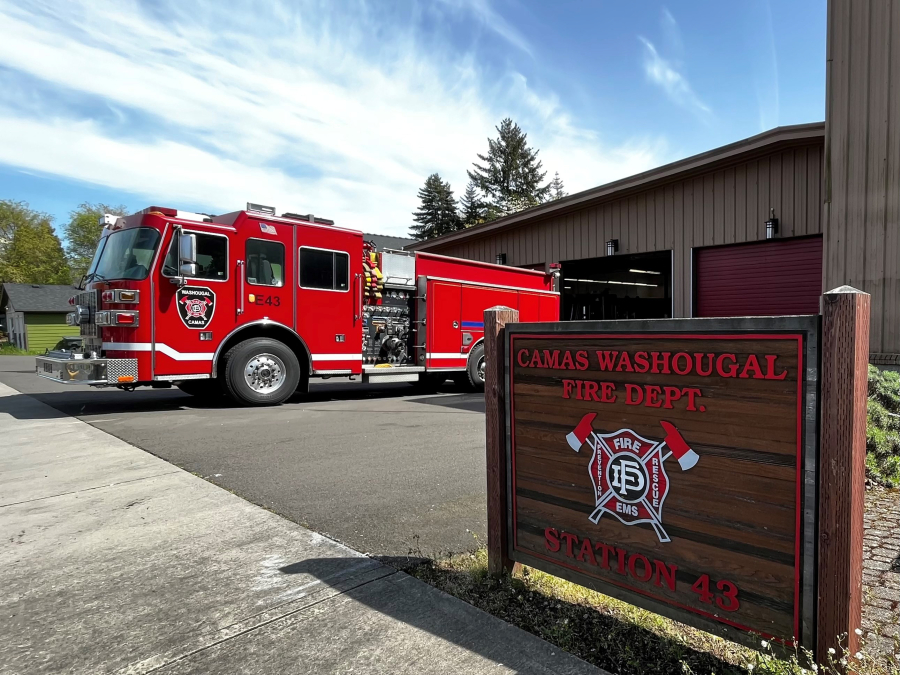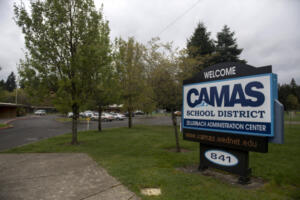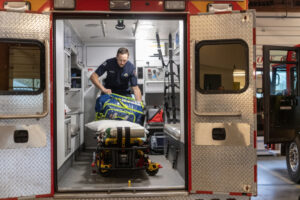A little more than seven months have passed since consultants reviewing the Camas-Washougal Fire Department informed local city officials that the partnership that merged both cities’ fire departments in 2013, “has too many gaps to represent a sustainable model moving forward.”
“We needed to go through these steps … and data to back up what many of you have been thinking or feeling for some time now. Now we have those data-fed conclusions to support the feeling that the current model isn’t workable,” Rob Moody, a consultant with the Tualatin-based Merina + CO, told Camas-Washougal officials in November 2021.
Now, the Merina consultants have brought a “preferred alternative” back for Camas-Washougal officials’ consideration.
Instead of working to correct the many gaps in the current interlocal agreement, Merina consultants told Washougal City Council members on June 13, and Camas City Council members on Monday, June 21, the officials should consider forming a regional fire authority (RFA) that would continue to provide fire and emergency medical services to the entire Camas-Washougal region.
“What’s become clear, is that the RFA provides the best opportunity to address many of the gaps facing the (fire department),” Jordan Henderson, of Merina, told Camas officials Monday.
Under the 10-year agreement that merged the two fire departments in 2013, Camas agreed to be the fire department’s main funding agency and pay roughly 60 percent of the department’s costs, leaving Washougal to shoulder about 40 percent of the costs.





